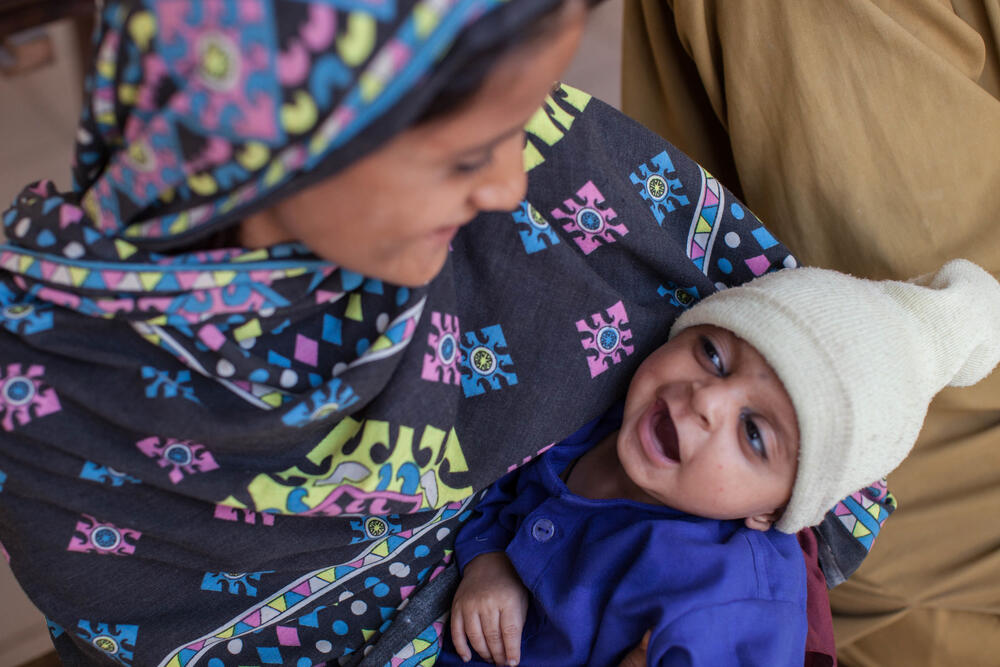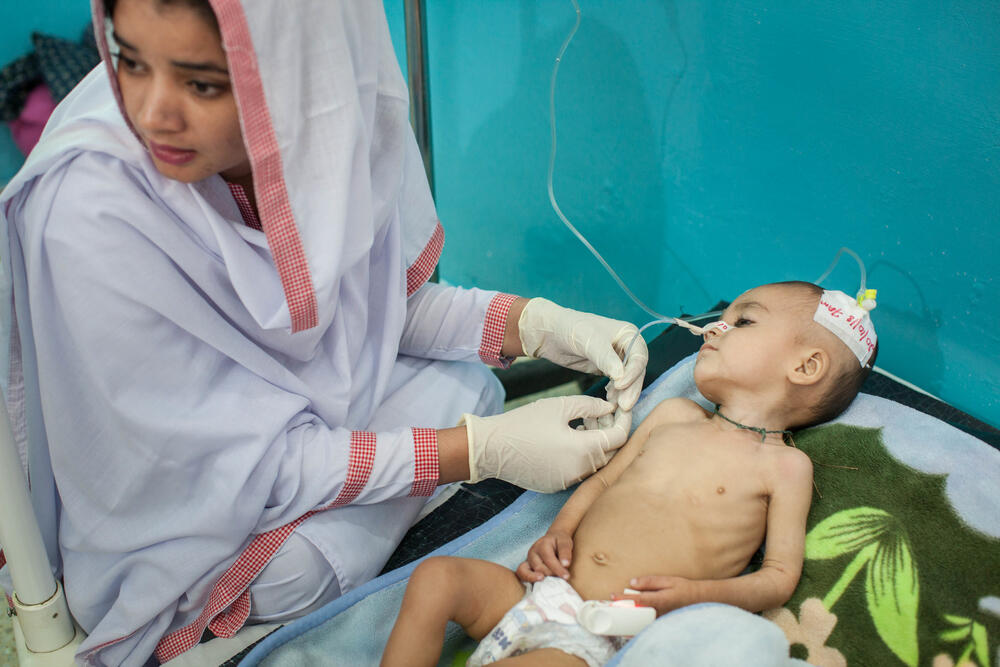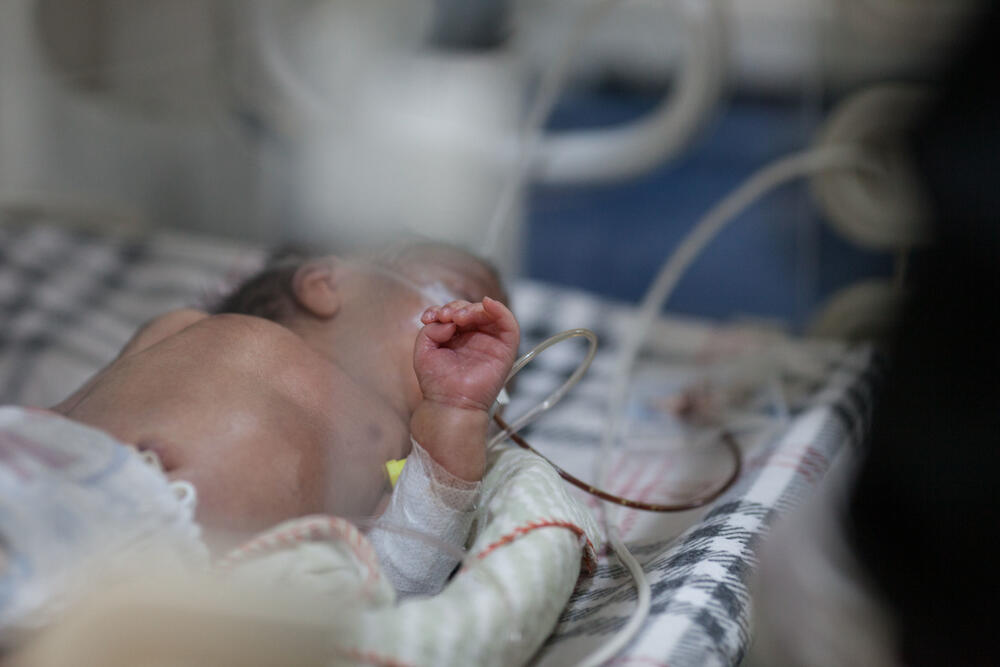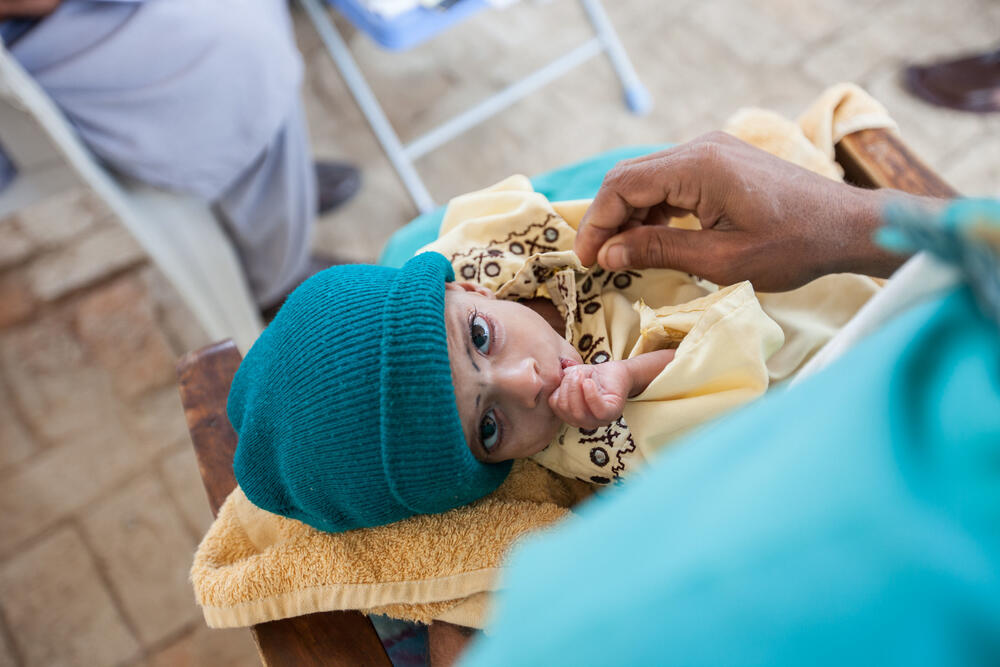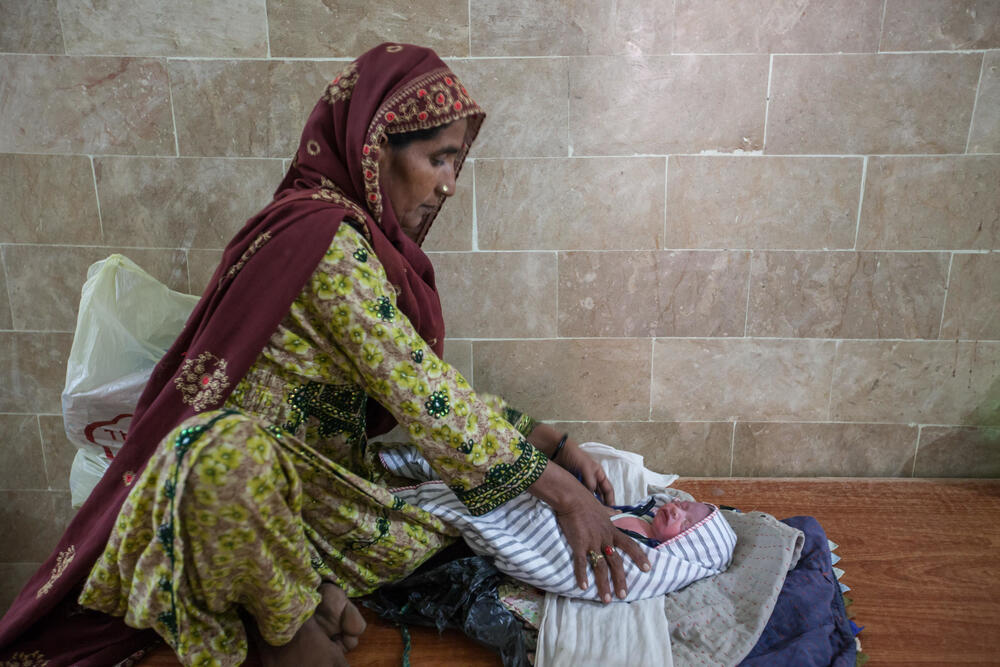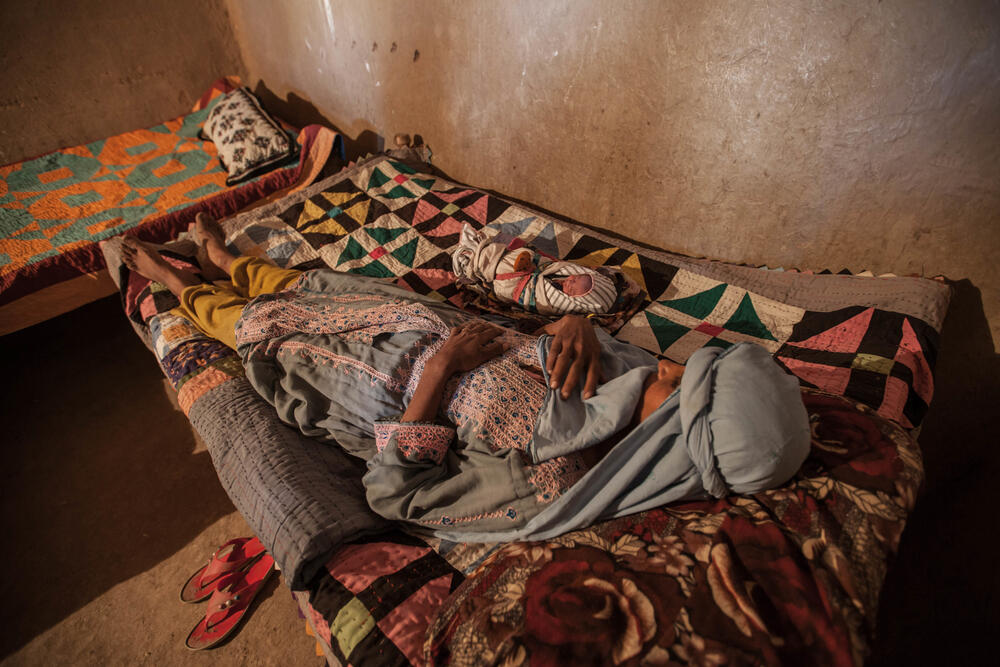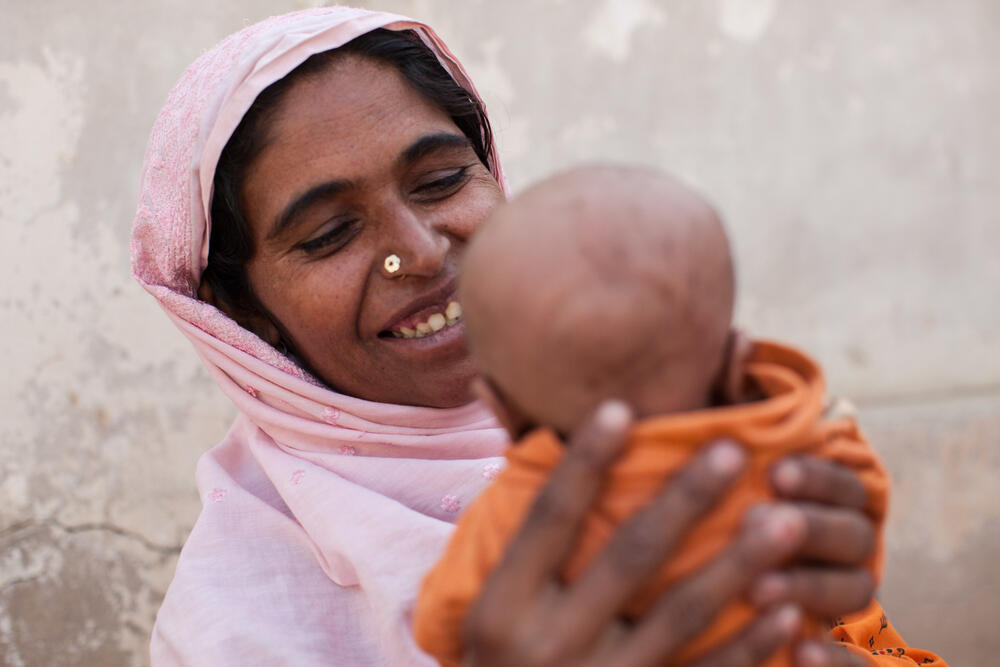Pakistan: Caring for mothers and infants in a nutritional emergency
In Pakistan, thousands of women and infants die each year from medical conditions that are easily preventable.
In the south-west province of Balochistan, which has some of the worst health statistics in the world, the situation is particularly dire.
MSF is one of the largest international healthcare providers in the province, where we provide obstetric and gynaecological care to mothers, and paediatric and newborn care to their children.
Last year, our teams treated over 11,000 children for malnutrition across four districts in Balochistan.
A lack of knowledge about nutrition, weaning and breastfeeding mean that harmful health practices are an important concern for the medical teams.
“Malnutrition is a serious issue that is exacerbated by poor health-seeking behaviour, a lack of social protection, extreme poverty, conflict and displacement,” says Pylypenko Tetyana, medical coordinator for MSF in Pakistan.
“It must be addressed in a holistic manner that extends beyond MSF’s mandate.”

Help us prepare for the next emergency
Health-seeking behaviour is how a community uses health services. This can be influenced by the cost of services, distance to health facilities, cultural beliefs, level of health knowledge and inadequate facilities.
MSF’s health promotion and counselling teams work hand-in-hand with medical staff, conducting regular sessions to raise awareness and educate people about their health as well as to discourage them from following practices that are medically unsafe.
A common but dangerous practice
“When I couldn’t feed him, I gave him green tea instead,” says Malaika.
Her newborn son, Arish, was re-admitted to an MSF medical facility in a critical condition a few days after being born.
“My mother-in-law said it was the best thing to do and that’s also what I had done with my other eight children.”
Green tea, black tea and other herbs can be very harmful to newborn babies. However, it is common practice in Naseerabad and Jaffarabad districts to feed these to infants.
When Malaika saw that baby Arish was unwell, she took him to a private clinic. As he continued to deteriorate, Arish was referred to the MSF facility.
Unfortunately, Arish arrived in a very critical condition and died.
“Such cases are very common,” says Dr Zialullah.
“Black tea and green tea are used as go-to remedies for everything, from burns to cuts, and to feed babies.”
A nutritional emergency
In 2018, rates of malnutrition in Balochistan prompted the provincial authorities to declare a nutritional emergency.
Earlier in the year, a national demographic and health survey found that 47 percent of children in Balochistan showed evidence of stunting.
The condition is a result of impaired growth and development that children experience due to poor nutrition, repeated infection, and inadequate psychosocial stimulation.
Gulshan’s daughter
On a particularly hot day in Nasserbad, 40-year-old Gulshan arrives at an MSF health centre to give birth to her tenth child.
Tired and weak from a poor diet, this is the first time in her 12 pregnancies that she has come to hospital.
“Last year she lost her baby in the eighth month of pregnancy,” says Gulshan’s mother.
“Five months later when she became pregnant again we noticed she was very weak and poorly, which is why we thought it was better to bring her here for the delivery.”
Thankfully, with MSF assistance, Gulshan finally gives birth to a healthy baby girl.
The family has lots of plans for the baby. Six days after she is born, she will have her ears pierced as per tradition.
However, an MSF health educator explains to Gulshan’s family that the baby is too small for such piercings and may develop tetanus, which could cause her to go into shock.
The family had also planned to feed both mother and child a traditional herbal concoction, with no plans to give the baby food other than milk until “she is one-year-old and asks for food herself”.
Knowledge about health is a big gap for people in Naseerbad.
However, it is an important focus for our teams in the area to help transform longstanding practices that contribute to poor hygiene and acute malnutrition.
From our district hospital, as well as a network of mobile clinics and outreach sites, MSF teams are taking on the challenge.
MSF in Balochistan
Balochistan is the largest province in Pakistan. However, it is considered to be the country’s most underdeveloped region. Access to healthcare, particularly for women and children, is extremely limited.
Only 56 percent of women receive skilled antenatal care, while just 38 percent of births are assisted. Less than a third of children in the province receive all their basic vaccinations.
MSF has been working in the province since 2001, focusing on mother and child healthcare.
We have projects in four districts – Naseerabad, Jafferabad, Killa Abdullah and Quetta.
In 2018, we assisted over 10,000 births and treated more than 11,000 children for malnutrition.
MSF in Pakistan
In Pakistan, one in 11 children die before their fifth birthday.
The Muslim-majority state is one of the most populous countries in the world and access to healthcare is a challenge, particularly for women and children in isolated rural communities and urban slums.
Since Médecins Sans Frontières/Doctors Without Borders (MSF) started working in Pakistan in 1986, our teams have responded to natural disasters and conflict. Today, we are focused on caring for women and children, and patients with hepatitis C and cutaneous leishmaniasis.
